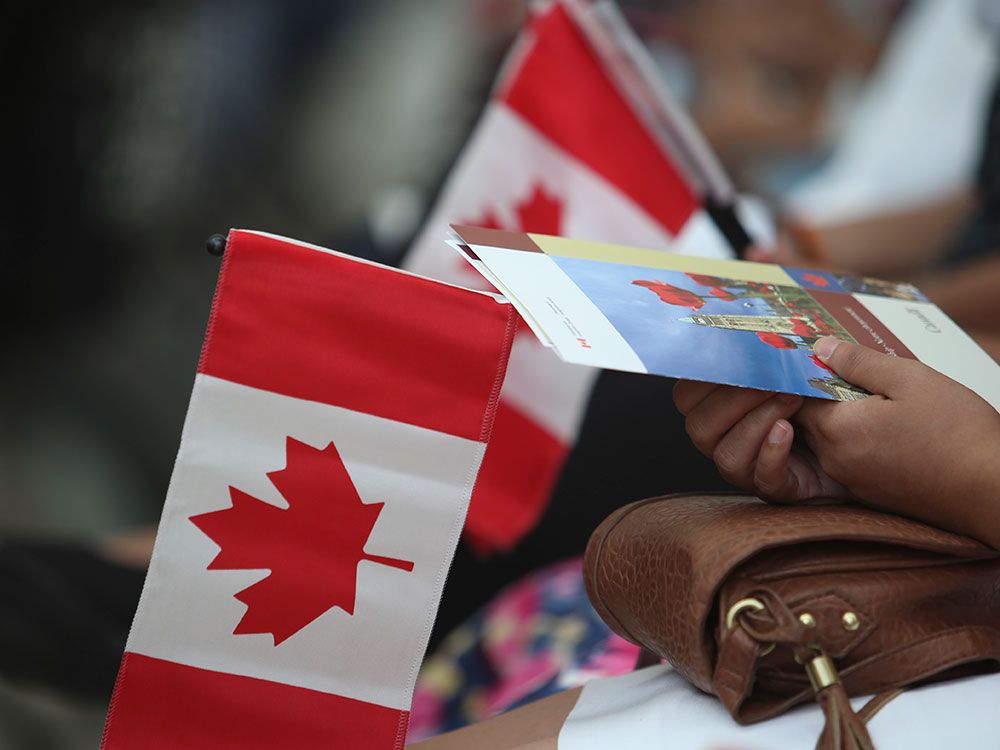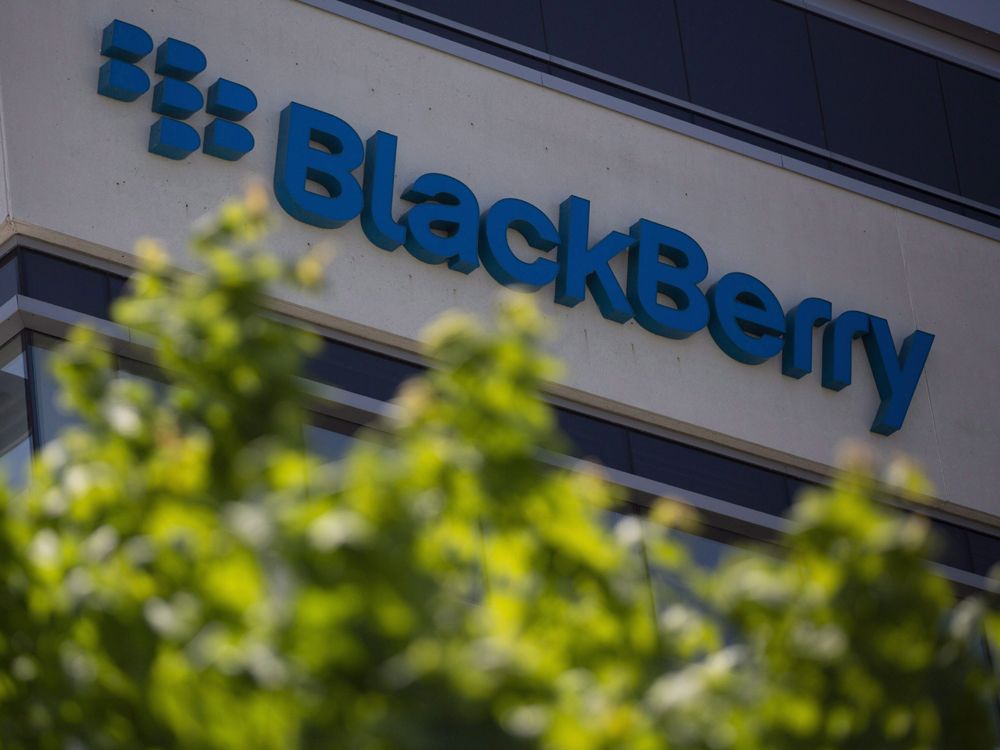Freeland seen as ‘black box,’ but Bay Street didn’t get what it hoped from Morneau, either

Article content continued
“Whether or not he’s the right guy (for that job) — Who is?” Lang said, dismissing Morneau’s rationale for stepping down, which was that he wasn’t in politics for the long haul required to steer Canada out of the pandemic.
He described Freeland as a “black box,” saying that despite her five years in government, most recently as Canada’s deputy prime minister and minister of intergovernmental affairs, it is unclear what her personal policy leanings are and whether she will challenge Trudeau’s agenda.
“She’s carried the government line” so far, he said, noting that a book she wrote also suggests she feels strongly about income equality. Furthermore, he said, as a journalist before she entered politics, she is something of an outlier in an established tradition of finance ministers with bona fides in business and high-powered legal circles, such as Paul Martin, John Manley, and John Turner.
She appeared tough on the trade file when negotiating the new free trade agreement with the United States and Mexico, Lang said, but he questioned whether the business community would be in favour of her tactics that included public rebukes of U.S. President Donald Trump’s use of tariffs.
“I doubt it,” he said.
Russell is more hopeful about Freeland’s ascension to what is arguably the second most powerful position in government. He believes she will be more receptive to business concerns raised by the IIAC than Morneau was — such as access to capital for small and medium-sized businesses, and policies that will stimulate the country’s capital markets and foreign investment.





